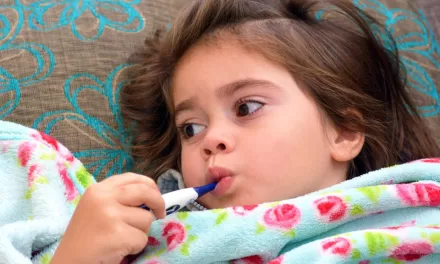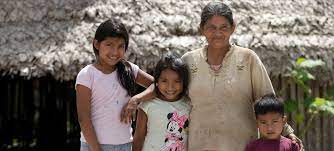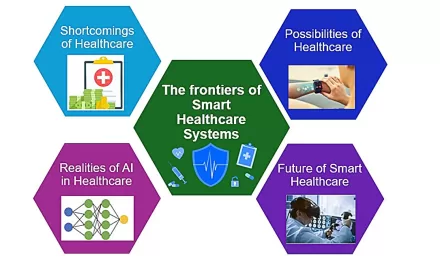National Survey Reveals Widespread Parental Loneliness and Burnout
A recent national survey conducted by The Ohio State University Wexner Medical Center has uncovered alarming levels of isolation, loneliness, and burnout among parents across the country. The findings shed light on the profound challenges faced by parents in fulfilling their roles, exacerbated by a lack of support and opportunities for meaningful connection.
According to the survey conducted this month, a staggering 66% of parents reported feeling isolated and lonely due to the demands of parenthood. Additionally, 62% admitted to experiencing burnout from their responsibilities as parents, while nearly 2 in 5 (38%) expressed feeling unsupported in their parenting journey. The survey also revealed that a significant majority of parents (79%) expressed a desire for avenues to connect with other parents outside of their work and home environments.
Anne Helms, a mother of two young children from Columbus, Ohio, shared her experience of loneliness, particularly as someone who works from home. Despite frequent virtual interactions, she highlighted the absence of genuine connections and meaningful conversations about parenting struggles. Helms emphasized the importance of personal interactions and lamented the lack of opportunities for such interactions in her daily life.
Kate Gawlik, DNP, associate clinical professor at The Ohio State University College of Nursing and a researcher on parental burnout, underscored the detrimental effects of loneliness on both physical and mental health. She highlighted studies linking loneliness to conditions such as cardiovascular disease, depression, anxiety, and cognitive decline, emphasizing the need for meaningful social connections.
In response to the alarming findings, Gawlik initiated a six-week parenting program aimed at fostering connections among parents, providing a safe space for vulnerability and support. The program offers parents an opportunity to share their challenges and realize that they are not alone in their struggles.
Helms, who participated in Gawlik’s program, expressed gratitude for the validation of her experiences and emphasized the transformative impact of connecting with other parents. She highlighted the ripple effect of such connections, noting improvements in various aspects of life, including work, relationships, and overall well-being.
Gawlik emphasized the importance of self-care and urged parents to seek out support networks in their communities, whether through online groups, community centers, or employer-sponsored initiatives. She encouraged parents to take the first step towards seeking connections, recognizing that it might require vulnerability and effort but ultimately contributes to a healthier and more fulfilling parenting experience.
As parental loneliness and burnout continue to pose significant challenges, Gawlik’s program and similar initiatives offer a beacon of hope, providing parents with the support and connection they need to navigate the complexities of parenthood.












